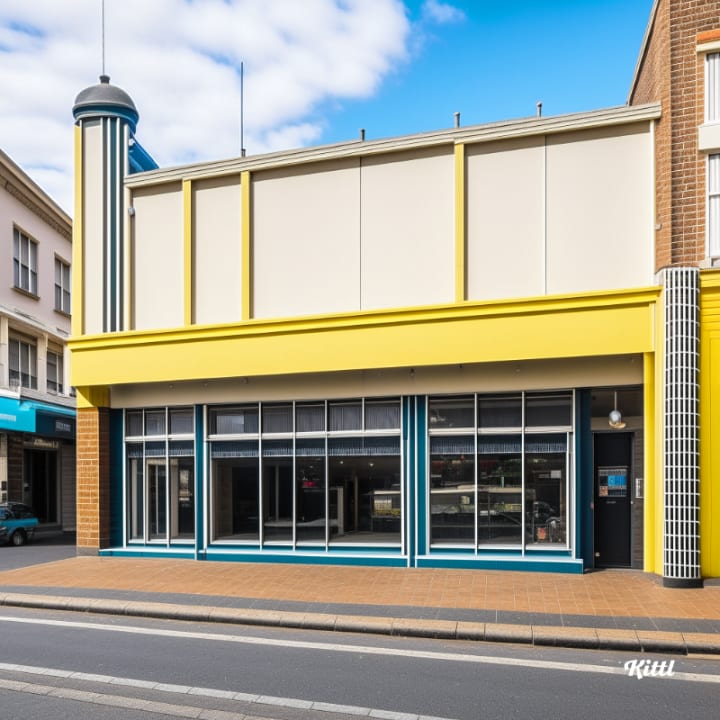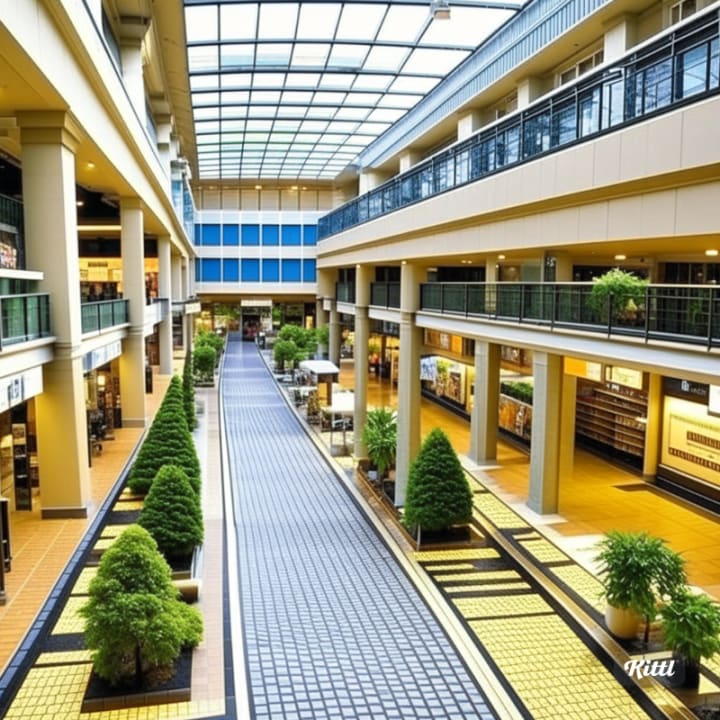
Real Estate Market: A Comprehensive Overview fpr property in pakistan
Introduction:
In any nation's economic development, real estate is crucial. Over the past few decades, the real estate industry in Pakistan has undergone a substantial expansion and transformation. This article gives a thorough description of the Pakistani real estate market, focusing on important elements such market trends, the legal system, potential investment opportunities, difficulties, and prospects for the future.
Market Overview
The residential, commercial, industrial, and agricultural categories make up Pakistan's vibrant and diverse real estate industry. With ongoing urbanization and population increase, major cities like Karachi, Lahore, and Islamabad serve as the principal hubs for real estate operations.
According to a recent World Bank research, the real estate business in Pakistan employs more people than any other industry, second only to agriculture. The report also forecasts that in 2023, the Pakistani real estate market will grow by 2.3%.

20 best tricks about buying property in pakistan:
Always keep in mind that purchasing real estate involves making a big investment, so take your time, exercise caution, and seek professional counsel as needed. Making a wise choice while buying real estate in Pakistan can be made easier by using these tips. Certainly! Here are 20 wise tips to remember when purchasing real estate in Pakistan:
1.Thorough Research: Learn as much as you can about the real estate market, the neighborhoods, and the going rates in the area you're interested in.
2.Smart Spending: Set a budget in advance and stick to it. Think about supplemental charges like taxes, registration prices, and attorney fees.
3.Legal Verification: Make sure the property has free and clear legal titles and is not subject to any liens or legal problems. If necessary, seek legal assistance.
4.Setting the Scene: Depending on your requirements and preferences, choose a location. Take into account elements like safety, accessibility to services, and transportation.
5.Visit the Property: If at all feasible, physically go to the property to see for yourself how it looks and how it is being maintained.
6.Future Growth Potential: Look at the region's long-term growth goals. Long-term, this may have a substantial impact on the property's worth.
7.Think About Resale Value: take into account the property's possible resale value. Choose locations with a history of rapid appreciation.
8.Verify all required documentation: including ownership deeds, mutation certificates, and official approvals.
9.Smart Bargaining: Don't be afraid to haggle over the price. In case the deal doesn't live up to your expectations, be ready to walk away.
10.Options for Payment Plans: Enquire about the various payment methods. Installment plans may be provided by some vendors, which is advantageous.

11.Be Aware of Market Trends: Pay attention to local real estate values and market trends. You can use this to make an informed choice.
12.Thoroughly examine: the property to look for any structural flaws, plumbing difficulties, electrical issues, etc. Obtain a qualified inspector if necessary.
13.Consider the accessibility of schools: hospitals, and marketplaces as well as the availability of basic services like water, power, and gas.
14.Conduct a title search: to ensure that the seller is legally permitted to sell the property and that there are no outstanding debts.
15.Ask about any environmental regulations: or considerations that might apply to the property, if applicable.
16.Beware of Scams: Be wary of dishonest tactics and only work with trustworthy, licensed real estate brokers or developers.
17.Know the Payment Structure: To prevent future misunderstandings, become familiar with the payment schedule and terms.
18.A professional agent: He can help you navigate the procedure, especially if you are unfamiliar with local laws. Think about hiring one.
19.How to obtain a No-Objection Certificate (NOC): Make sure the property you're purchasing is free and clear of any zoning limitations or other difficulties with the local government.
20.Keep Records: Keep a thorough record of all communications, paperwork, and transactions relating to the purchase of the property.

Residential Real Estate:
The majority of Pakistan's real estate sector is made up of residential properties. Population growth, urban migration, and shifting lifestyle preferences have all contributed to an ongoing increase in the demand for housing units. With its contemporary facilities and security features, housing societies and gated communities have grown in favor. In addition, high-rise apartment buildings are becoming more frequently, particularly in urban areas.
Commercial property:
The rise of companies, stores, and office spaces has led to significant growth in Pakistan's commercial real estate market. Commercial properties are best located in the central business districts of large cities like Islamabad's Blue Area, Lahore's Gulberg, and Karachi's Clifton. The main elements of this category include office skyscrapers, plazas, and shopping centers.
Real estate for industries:
The development of the industrial real estate market in Pakistan is essential for the economy of the nation. Manufacturing, warehousing, and logistics are just a few of the industries that are served by industrial zones and estates that are well-equipped with infrastructure and services. Cities like Faisalabad, Sialkot, and Karachi all have significant industrial clusters.
Property for agricultural use:
Since Pakistan's economy is based mostly on agriculture, agricultural real estate is quite important. Large tracts of farmland, orchards, and cattle farms can be found in rural areas, particularly in Punjab and Sindh. The rise of this industry is being fueled by land consolidation, contemporary farming methods, and agribusiness projects.
Regulatory Structure:
In Pakistan, the administration of the regulatory framework controlling real estate is generally done at the provincial level, with each province having its own set of laws and norms. In order to provide openness, accountability, and consumer protection in the real estate sector, organizations like the Pakistan Real Estate Regulatory Authority (P-RERA) and the Securities and Exchange Commission of Pakistan (SECP) are crucial.

International Investment:
The Pakistani government has taken action to entice foreign capital into the real estate market. Foreign nationals and non-resident Pakistanis (NRPs) are both permitted to invest in real estate, although with some limitations. In addition, industrial parks and special economic zones provide incentives to international investors, promoting participation in the real estate market.
Challenges:
The Pakistani real estate industry has room for growth, but it also faces the following obstacles:
Land Encroachments and Illegal Occupations: Land encroachments on both public and private property continue to be a problem, which causes legal conflicts and obstructs development initiatives. Rapid urbanization has resulted in poor urban planning, which has contributed to problems including traffic congestion, subpar infrastructure, and a lack of facilities. Issues with documentation and titles can complicate legal proceedings and have an impact on real estate transactions. Infrastructure Deficits: The growth of real estate developments might be hampered by the inadequate provision of essential services like water, power, and gas. Consistent policies, bureaucratic red tape, and a lack of enforcement mechanisms can obstruct the expansion of the real estate industry.
Conclusion:
Pakistan's real estate market is a vibrant, developing industry that is essential to the development of the economy of the nation. Despite its difficulties, the sector continues to draw investors and players because of the rising need for homes and businesses. The future of real estate in Pakistan appears bright, presenting chances for sustainable growth and development with ongoing regulatory reforms and strategic initiatives.
About the Creator
Hussab
I am a business man. Owning a small factory with few employees and doing my best to getting rich day by day without harming anyone’s feelings.






Comments (2)
nice brother🧡🧡🧡
Fantastic! Wonderful job!